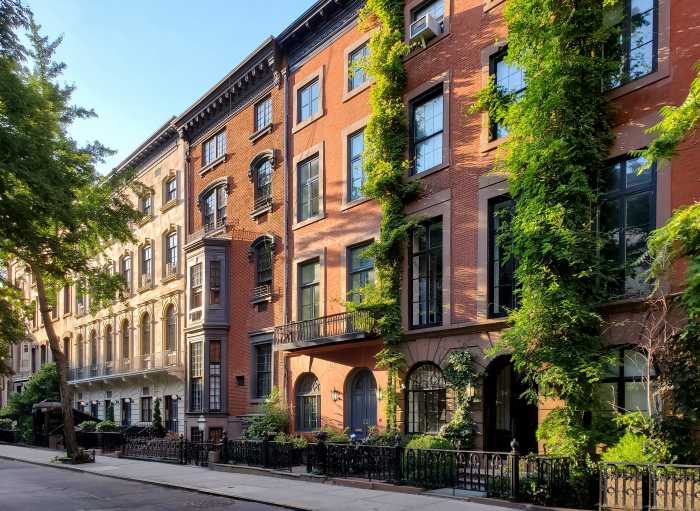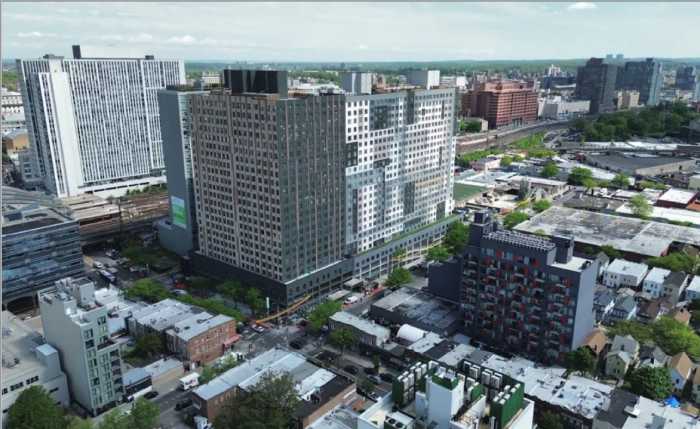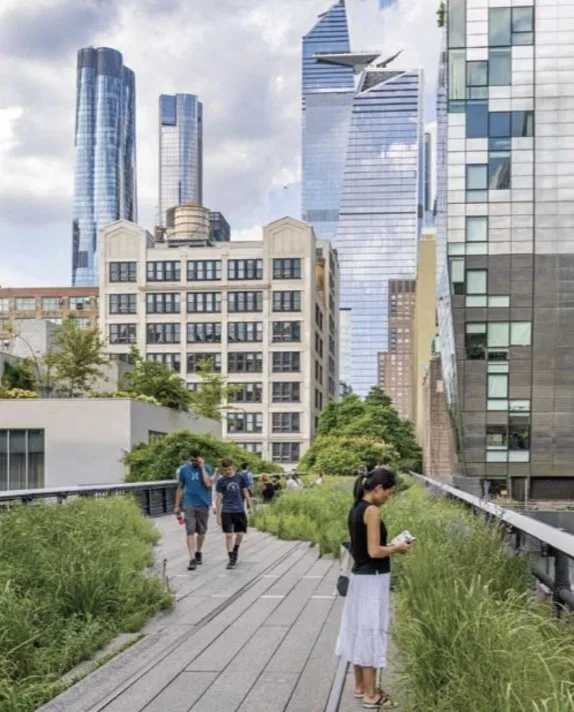By Naeisha Rose
Queens had the third most rapid rise in rents behind Brooklyn and Manhattan after the Great Recession ended in January 2010 through early 2018, according to a StreetEasy study that examined rent levels during the eight-year period. Bronx was at the bottom with the lowest rent hikes.
StreetEasy is one of the leading websites that compiles proprietary real estate data from throughout New York City.
Rent increases in Brooklyn steadily increased to 21 percent in one neighborhood, but had a staggering rise ranging from 37 percent to 45 percent in others.
Manhattan neighborhoods had rent increases as low as 16 percent to 21 percent in a few neighborhoods, but had some apartments recording 37 percent to 39 percent rent hikes.
Queens fared slightly better in terms of rent hikes over the past seven years, but some neighborhoods where more than a quarter of renters were families faced higher prices than those with less than a quarter of families renting, according to the study by the real estate website, which carries listings for rentals, condos, co-ops and other properties. The neighborhoods with the highest rent hikes in Queens were Elmhurst (36 percent), Sunnyside (35 percent), Flushing (33 percent), Rego Park (31 percent), Jackson Heights (31 percent), and Corona (29 percent), according to the study.
In the lower range in terms of rent increase were Kew Gardens (28 percent), Forest Hills (28 percent), Astoria (25 percent), Woodside and Briarwood (24 percent), Long Island City (18 percent) and Ridgewood (15 percent).
The neighborhoods with the biggest share of family renters included Corona (48 percent), Ridgewood (40 percent), Elmhurst (39 percent) and Jackson Heights (38 percent).
The neighborhoods with the smallest share of families were Forest Hills and Astoria (20 percent), Kew Gardens (22 percent), Rego Park (23 percent), and Sunnyside (24 percent).
The share of families in the other Queens neighborhoods ranged from 26 percent to 30 percent.
Among the neighborhoods with the largest share of family renters was Ridgewood, where rent hikes were lower, followed by Long Island City to a lesser degree.
“Rents have risen in the city, but not all New Yorkers have felt the same effects,” says StreetEasy Senior Economist Grant Long. “Residents who already struggle to make ends meet and renters dealing with the high costs of child care are predominantly living in areas that see the most dramatic rent growth.”
Tenants in the high-family-share neighborhoods like Elmhurst, Corona, and Jackson Heights that have experienced rapid rent hikes made between $45,000 to $51,000 annually.
“These are often residents who have little financial flexibility to begin with. As a greater share of their incomes goes towards rent, it’s increasingly difficult for families to save for a down payment on a home, their children’s college education or emergencies,” said Long.
Tenants in low-family-share neighborhoods had lower rent increases like Astoria, Kew Gardens and Forest Hills made between $51,000 to $75,000 annually.
Some tenants that fell in between the high and low range of the rent increase made between $51,000 and $59,000 annually.
The StreetEasy study also revealed that neighborhoods with the fastest rent growth were downzoned over the last two decades, while those that were in upzoned neighborhoods from 2007 to 2009 like Long Island City had the least rent growth.
According to Polit
“Taken together, these findings suggest that the zoning-related supply factors in some areas of the city may have played a role in mitigating or accelerating overall rent growth,” according to a StreetEasy spokesman.
Reach reporter Naeisha Rose by e-mail at nrose





































